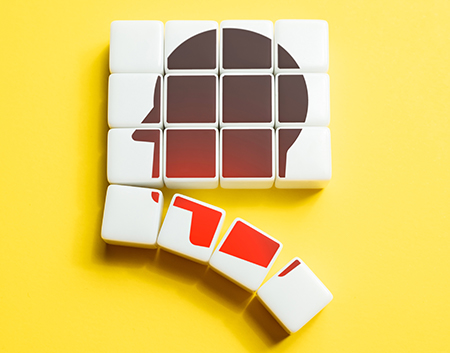 What’s social media trauma?
What’s social media trauma?
First, we need to define what trauma means. Peter Levine describes trauma this way. “Trauma is in the body, not the event.” Another definition by B. A. van der Kolk (1989 – Psychiatry Clin. North Am. 12:389-411) is “Traumatization occurs when both internal and external resources are inadequate to cope with external threat.”
Using both definitions, we see that trauma is very personal and has different meanings for different people.
A large amount of research identifies the ill effects of social media on mental health. Too many news stories exist about teenagers committing suicide after being bullied on social media. https://www.helpguide.org/articles/mental-health/social-media-and-mental-health.htm.
How can social media be traumatic?
Social media can create a false sense of self.
Social media can create a feeling of not being good enough. Judging our worthiness based on the number of likes we don’t get can cause us to fall prey to social media trauma.
Your feelings around this are real but perhaps untrue. Believing they are true keeps you from being alive and present. Closely investigating these beliefs with your therapist can help set you free.
The people you interact with often represent another time and place. The relationships you form with them are not genuine; they begin to define who you think you are – what your worth is.
As you define your worth based on social media, it takes you away from your true potential.
 Comparisons rob you of joy.
Comparisons rob you of joy.
When you scroll through your newsfeed and see that everyone’s life has turned out better than yours, you feel like a failure. For instance, do you turn everyone else’s posted success into your tragedy and self-demise? Do you compare your beauty to your filtered friend’s photos?
In the same way that the news covers tragedies, social media does the opposite; people post their good news primarily, what they view as success. It is less likely that people will post about their rocky relationships or fights with their partner or children.
Theodore Roosevelt once said, “Comparison is the thief of joy“– Yet that is what social media does by creating a platform to measure your self-worth – stealing your joy.
Social media can entice us to friend people who were once horrible to us. They become psychic representations and reminders of our past traumatized selves, pulling us back to a more traumatic time of life and our nervous systems. The feeling of shame becomes constant.
In many scenarios, social media opens old wounds. For the younger generations, it creates new wounds.
Instead of scrolling through social media today, take that same time to watch the following video. Consider your relationship with social media and ask yourself whether this is true.
 Let’s look at Meg*.
Let’s look at Meg*.
Meg moved to New York for a new job and was lonely, so she spent much time on social media. Many friends on social media originated from childhood and adolescence, times fraught with insecurity. These relationships and her perception of them triggered old traumas.
If Meg didn’t receive enough likes, especially from certain people, she would shut down, miss work, and even contemplate suicide. Meg, like most people, was focused entirely on external validation to prove herself worth.
In our work, we helped Meg to stop automatically scanning for examples that proved her pre-existing belief that she is unlovable. We taught her how to refocus using internal attention, which we explained has a much more significant influence on being happy.
We also did Attachment-Focused EMDR with each of the traumas. This approach helped us better understand these old acquaintances’ power over Meg. Eventually, she could let go of some old ideas about herself – ideas trapped in her nervous system and helping to cause her negative feelings.
Meg began cultivating new relationships based on her unique understanding of herself and refocused her attention on her new job and creating a life in a new and exciting city.
How does Attachment-Focused EMDR work?
This therapy is an intervention developed to help heal attachment wounds. This technique uses bilateral stimulation or tapping to allow people to reprocess traumatic events or beliefs.
When we experience trauma, our thinking brain goes offline, leaving us with the trauma and its terrible aftermath without accurate understanding. As a result, you become identified with your various traumas.
Essentially, trauma becomes trapped in the body and nervous system. You can listen to Bessel Van der Kolk’s presentation on this trauma treatment for more information.
 Don’t let social media and past trauma rule your life.
Don’t let social media and past trauma rule your life.
Like Meg, we use proven methods to help you overcome a false sense of self-provided by social media and help you focus on the life you want to live.
Methods like Attachment-Focused EMDR can help you overcome the impacts of social media and those feelings of trauma.
Take away the power of those false messages of internalized trauma. We can help!
Contact us today for more information.
*Name and story do not reflect an actual client.

